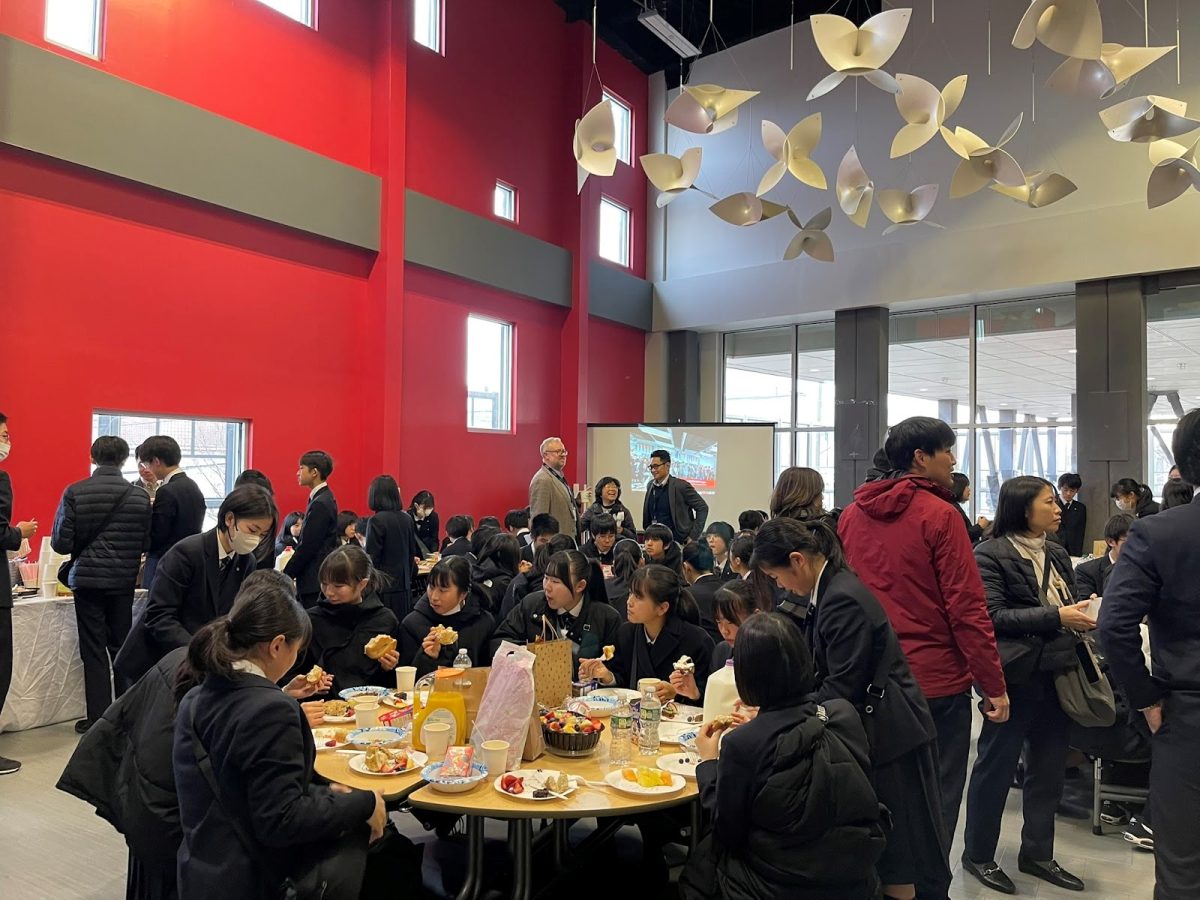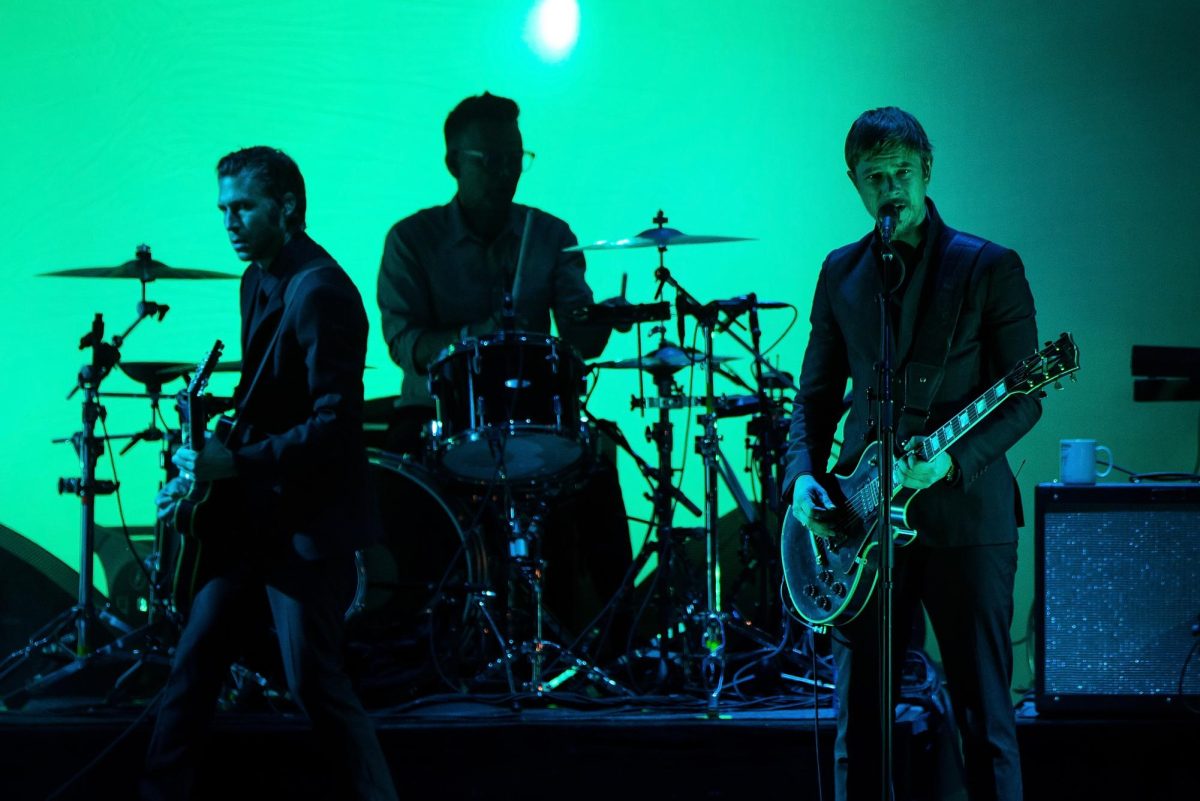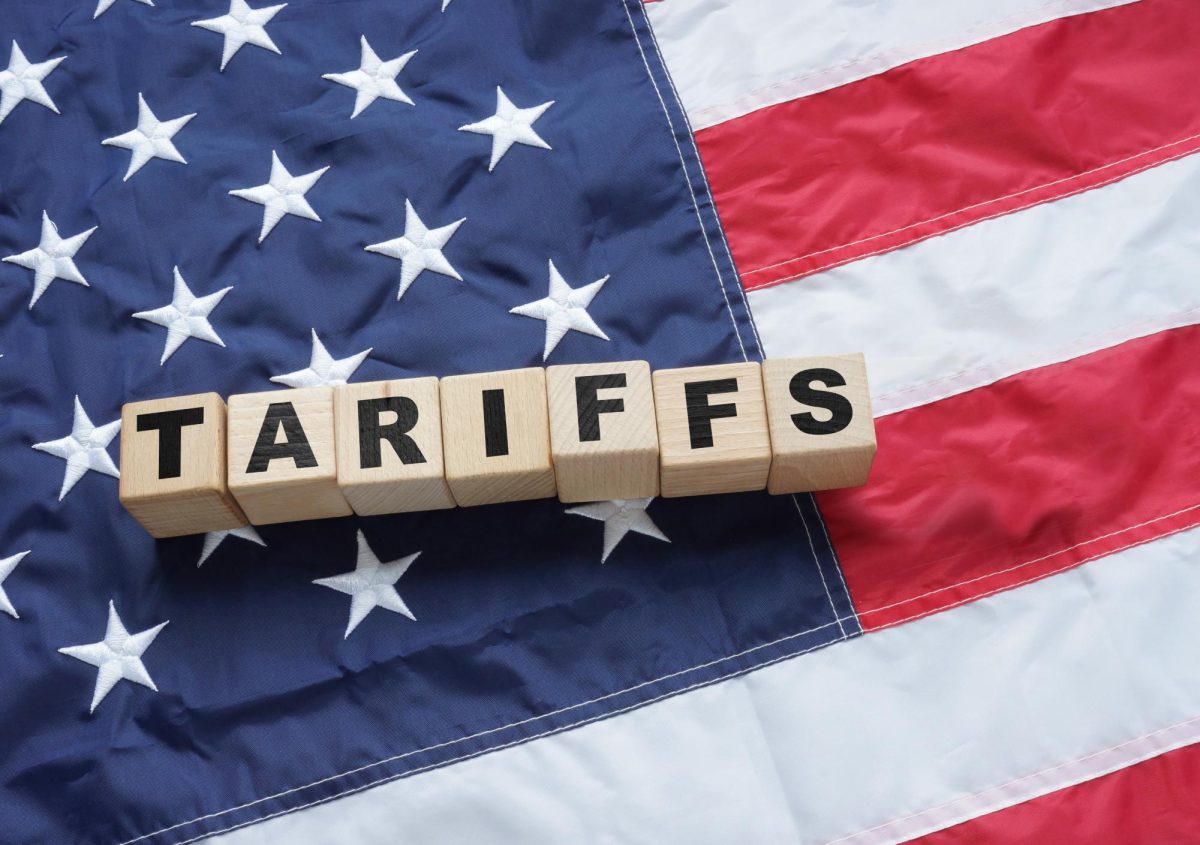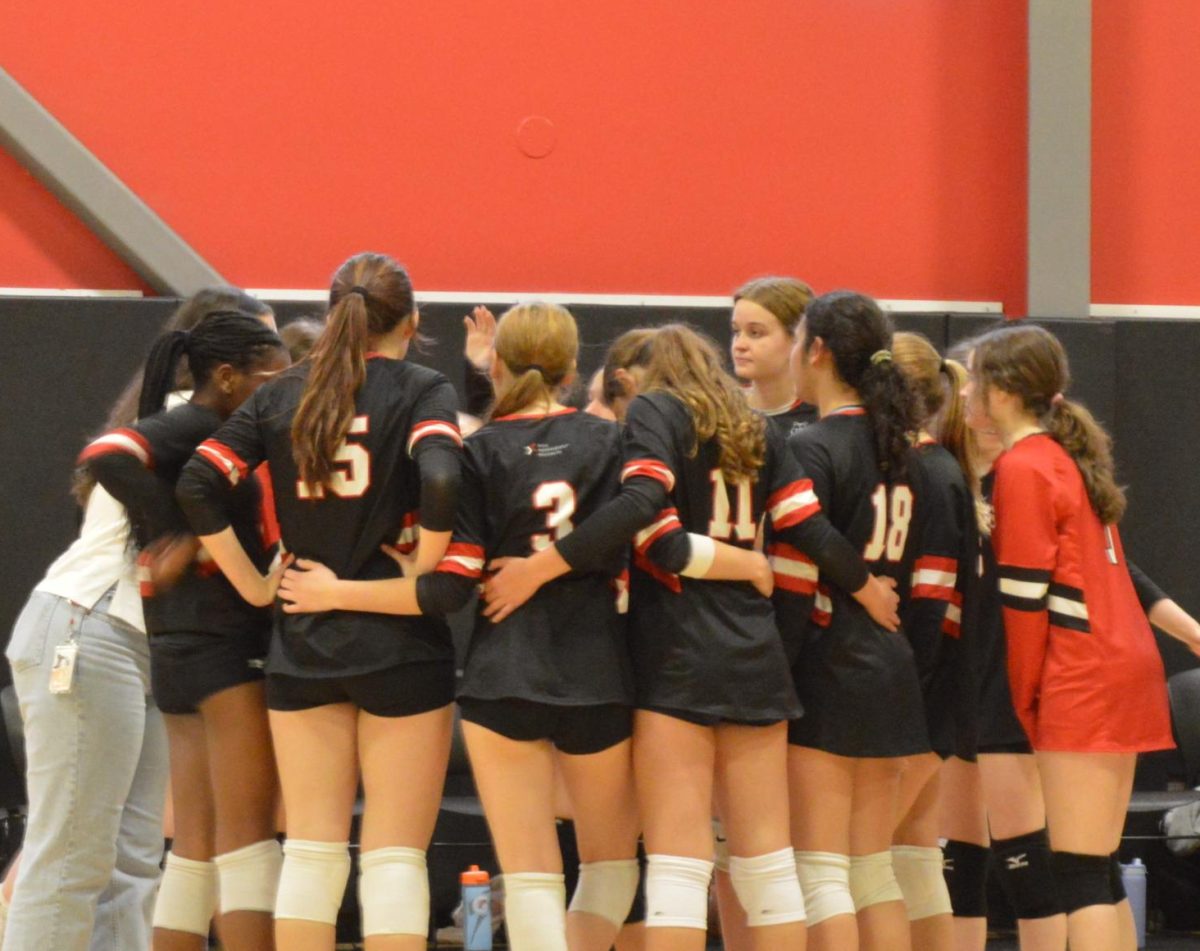This spring BASIS Independent Brooklyn will offer field hockey sessions for the first time. We asked Auxiliary Manager Jessica Repetto some questions to find out more about what is planned.
What do you mean by Field Hockey Clinic exactly? What will happen there?
A Field Hockey Clinic is an exciting, specialized training program designed to enhance the skills, knowledge, and overall performance of participants in the sport. During the clinic, participants undergo a one-month intensive training regimen that includes coaching sessions, skill development drills, tactical exercises, fitness training, game simulations, and position-specific coaching. The clinic provides a structured and immersive environment for players to improve their abilities, learn teamwork and strategic play, and gain a deeper understanding of the game while having fun and building community!
What do you typically see in people who do well in field hockey? Are there certain characteristics that make for a good field hockey player?
Successful field hockey players often exhibit a combination of physical attributes, technical skills, and mental characteristics. Speed, agility, and endurance are integral physical qualities. Technical skills such as accurate passing, strong ball control, and effective shooting contribute to a player’s success. Additionally, good field hockey players demonstrate excellent teamwork, communication, and tactical awareness on the field. Mental toughness, resilience, and a positive attitude are also key factors that contribute to success in the sport!
What have you done in the past that makes you want to bring field hockey to BASIS Independent Brooklyn?
Coaching a Division 1 field hockey team after a decade of playing the sport brought a unique blend of challenges, insights, and rewards. The transition from player to coach represented a shift in perspective, from executing on the field to guiding and shaping the skills of a new generation of athletes.
Here’s a glimpse into the experience:
- Knowledge Transition: The intimate understanding gained from ten years of playing became a valuable asset. Familiarity with the nuances of the game, strategies, and the psychology of being on the field allowed for a seamless translation of personal experiences into coaching strategies.
- Player Empathy: Having been in the players’ shoes not too long ago fostered a deep sense of empathy. Recognizing the physical and mental demands of the game, as well as the highs and lows that come with competitive sports, allowed for a more understanding and supportive coaching approach.
- Strategic Insight: The years spent on the field provided a wealth of strategic insights. Knowing the game from the inside out enabled the development of nuanced and effective training sessions, drills, and game plans tailored to the specific challenges faced by a Division 1 team.
- Leadership Transition: Shifting from a player’s mindset to a coach’s leadership role brought a new set of responsibilities. Instead of focusing solely on personal performance, the focus expanded to cultivating a cohesive team culture, motivating players, and fostering an environment of growth and collaboration.
- Adapting to Change: Coaching required adapting to a different rhythm. Instead of responding to in-game situations as a player, the role now involved pre-game planning, in-depth analysis, and strategic adjustments during matches. Flexibility and adaptability were key in navigating the diverse challenges presented in a coaching capacity.
- Mentoring Future Athletes: Coaching provided the opportunity to share accumulated wisdom with the next generation of athletes. Guiding players not just in their skills on the field but also in their personal and academic development became a fulfilling aspect of the coaching experience.
- Achieving Collective Success: While individual achievements on the field were replaced by the collective success of the team, the satisfaction of witnessing players grow, overcome challenges and achieve milestones brought a profound sense of accomplishment.
- Balancing Expectations: Striking a balance between the passion and competitiveness of a player and the strategic, objective-oriented perspective of a coach required navigating dual roles. Maintaining a positive and motivating atmosphere while upholding high standards became a central theme.
- Coaching a Division 1 field hockey team after a decade of playing was a heartwarming and rewarding experience, bridging personal history with a newfound role in shaping the future of the sport at a competitive level. The transition marked not an end to a field hockey journey but a transformation into a different, equally impactful chapter.
We already have several sports teams, why do you think field hockey would be a good fit for our school?
Field hockey’s roots extend to ancient civilizations like Egypt, Persia, and Greece, with its modern incarnation taking shape in the late 19th century in the British Isles. The game, as we recognize it today, owes much to the efforts of Constance M.K. Applebee, an Englishwoman who introduced field hockey to the United States in 1901. Her influence reached prominent institutions such as Vassar, Wellesley, Holyoke, Radcliffe, and Bryn Mawr Colleges, contributing significantly to the sport’s expansion in schools, colleges, and clubs.
Interestingly, field hockey in the United States has predominantly been embraced by female athletes, a trend that contrasts with many other countries where both men and women actively participate in the sport. The Field Hockey Association of America, formed in 1930, took charge of overseeing the men’s game. However, it wasn’t until 1993 that the men’s and women’s associations merged into the unified USFHA, recognized by the Olympic Committee as the official governing body for field hockey.
Field hockey is a great fit for BASIS Independent for several reasons! It offers a unique and exciting team sports experience that may not be present in other sports. The sport promotes physical fitness, teamwork, and strategic thinking. Field hockey also provides an opportunity for both boys and girls to participate, contributing to gender inclusivity in the school’s sports programs. Introducing field hockey can diversify the range of sports available, catering to a broader spectrum of student interests and abilities. Additionally, field hockey’s emphasis on skill development and strategic play aligns with the educational values of discipline and a growth mindset!



















